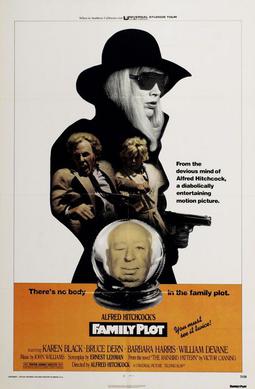 |
| Peter Fonda and Jack Nicholson in Easy Rider |
Billy: Dennis Hopper
George Hanson: Jack Nicholson
Connection: Phil Spector
Stranger on Highway: Luke Askew
Lisa: Luana Anders
Sarah: Sabrina Scharf
Jack: Robert Walker Jr.
Mary: Toni Basil
Karen: Karen Black
Director: Dennis Hopper
Screenplay: Peter Fonda, Dennis Hopper, Terry Southern
Cinematography: László Kovács
Art direction: Jeremy Kay
Film editing: Donn Cambern
In his book Have You Seen... David Thomson discusses all the ways in which Easy Rider became a landmark film, usually cited along with 2001: A Space Odyssey (Stanley Kubrick, 1968), Bonnie and Clyde (Arthur Penn, 1967), and The Graduate (Mike Nichols, 1967) as one of the harbingers of the revolution in American filmmaking at the end of the 1960s and into the 1970s, movies that signaled the emergence of a new, younger film audience. And then Thomson calls Easy Rider "unwatchable." As one who was part of that new, younger film audience, I tend to agree. Except for every moment when Jack Nicholson is onscreen, launching one of the great film careers, Easy Rider really is unwatchable. The drug buy and sale that sets up the odyssey of Wyatt and Billy across America is clumsily scripted and filmed. The beginnings of their motorcycle tour is remarkable only for the nod to John Ford in the glimpses of Monument Valley, and the stay in the hippie commune is tedious. The one interesting moment comes when László Kovács's camera does a 360 degree pan across the faces of the communards, an echo of the similar pan of the faces sheltering in the barn in Andrei Tarkovsky's Andrei Rublev (1966) and maybe of Raoul Coutard's pan around the farmyard in Jean-Luc Godard's Weekend (1967), except that there's little of interest in the faces assembled in the commune. (The sequence only made me realize that the people gathered there are now, if still alive, collecting Social Security.) But when Nicholson appears, the film snaps sharply into focus, only to sag back into its old tired ways. The scene in which George Hanson is murdered is awkwardly staged, so that we don't really know what's going on until it's over, and the rest of the film is just waiting for the inevitable demise of Wyatt and Billy. The acid trip in the New Orleans cemetery is little more than a collection of avant garde clichés. There are a few compensations, like the music on the soundtrack, and Peter Fonda and Dennis Hopper do a good job of delineating Wyatt and Billy, the latter dangerously volatile, the former more cautious and laid back. But Easy Rider is showing its age, looking more and more like a 50-year-old movie, while some of its other celebrated contemporaries wear their age with grace.
